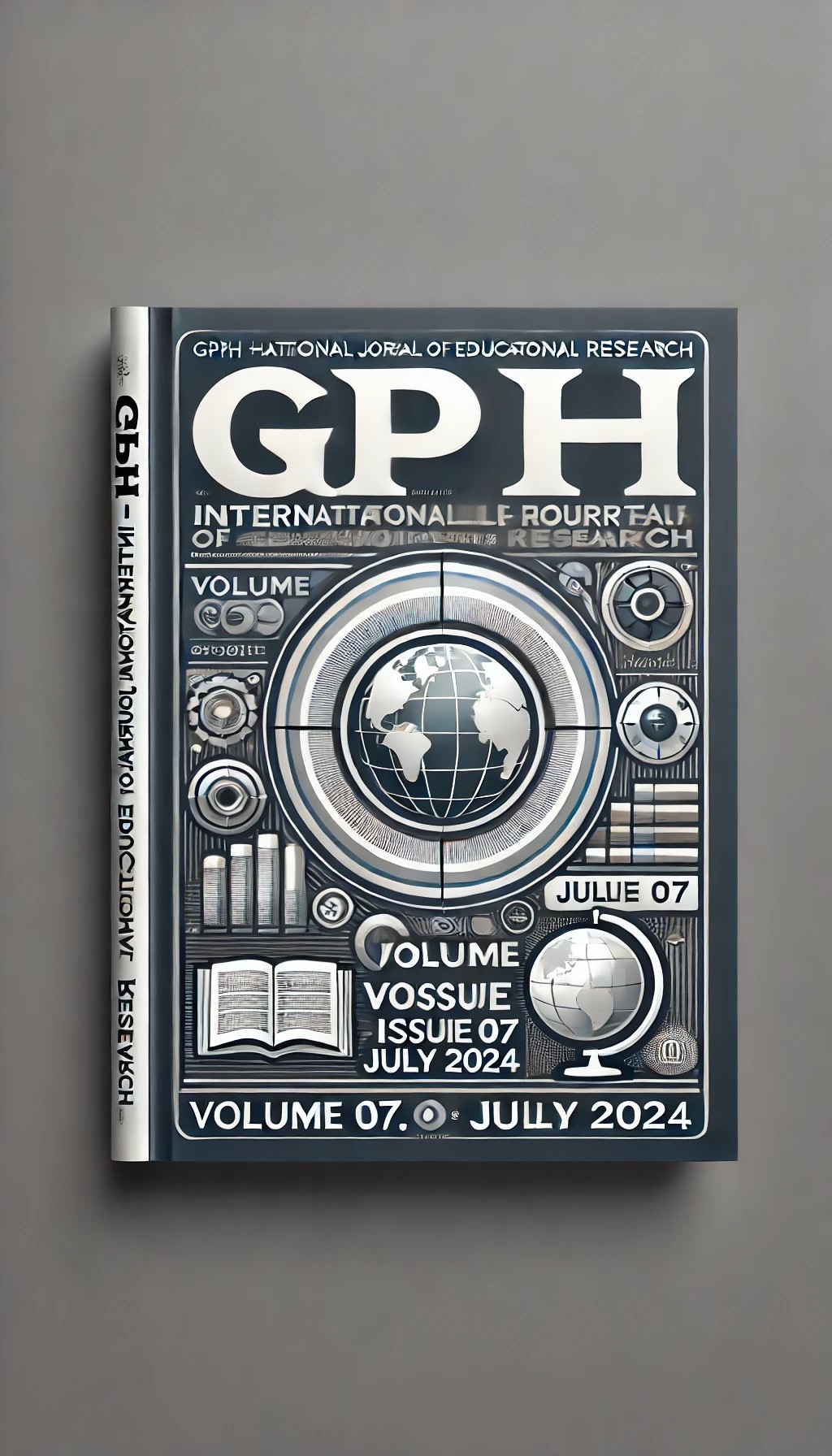STUDENT PERCEPTIONS AND ENGAGEMENT WITH PHYSICS HOMEWORK: A STUDY AT HA GIANG SPECIALIZED HIGH SCHOOL
Abstract
This study aims to evaluate the effectiveness and challenges of physics homework assignments among high school students, focusing on how different types of homework impact student engagement and learning outcomes. The research seeks to provide insights into effective educational practices within physics education by assessing student perceptions of various homework assignments. A survey design was employed, using a four-point Likert scale to gather data from 151 high school students regarding their experiences and preferences related to physics homework at Ha Giang - Vietnam. The survey included questions on different types of assignments, such as computational problems, experimental tasks, and real-world problem-solving activities, as well as the frequency of engagement with these tasks. Descriptive statistics and reliability analysis were utilized to analyze the data, providing a comprehensive understanding of student attitudes toward physics homework. The results of the study reveal that students favor diverse and engaging assignments, such as hands-on experiments and tasks that require the application of theoretical knowledge to practical situations. These types of assignments were found to significantly enhance student understanding and interest in physics. However, the study also identifies challenges related to the frequency and variety of assignments, with students expressing a need for homework that is not only challenging but also relevant and applicable to real-world contexts. These findings underscore the importance of designing homework assignments that are aligned with student needs and interests to maintain motivation and improve educational outcomes. The implications of this study highlight the critical role of innovative teaching practices in physics education, emphasizing the need for educators to incorporate a variety of engaging tasks that foster critical thinking and problem-solving skills. By addressing the identified challenges and integrating diverse learning experiences, educators can create a dynamic learning environment that better prepares students for academic success and real-world applications. The insights gained from this research provide valuable guidance for enhancing the quality of physics education, ultimately contributing to the development of students who are well-equipped to meet future challenges in science and technology.
Downloads
References
[2]. Fredricks, J. A., Blumenfeld, P. C., & Paris, A. H. (2004). School engagement: Potential of the concept, state of the evidence. Review of Educational Research, 74(1), 59-109. https://doi.org/10.3102/00346543074001059
[3]. Trautwein, U., & Köller, O. (2003). The relationship between homework and achievement—still much of a mystery. Educational Psychology Review, 15(2), 115-145. https://doi.org/10.1023/A:1023460414243
[4]. Zimmerman, B. J., & Kitsantas, A. (2005). Homework practices and academic achievement: The mediating role of self-efficacy and perceived responsibility beliefs. Contemporary Educational Psychology, 30(4), 397-417. https://doi.org/10.1016/j.cedpsych.2005.05.003
[5]. Rosário, P., Núñez, J. C., Vallejo, G., Cunha, J., Nunes, T., Mourão, R., & Pinto, R. (2015). Does homework design matter? The role of homework's purpose in student mathematics achievement. Contemporary Educational Psychology, 43, 10-24. https://doi.org/10.1016/j.cedpsych.2015.08.001
[6]. Trautwein, U., Niggli, A., Schnyder, I., & Lüdtke, O. (2009). Between-teacher differences in homework assignments and the development of students' homework effort, homework emotions, and achievement. Journal of Educational Psychology, 101(1), 176-189. https://doi.org/10.1037/0022-0663.101.1.176
[7]. Cooper, H. (2007). The battle over homework: Common ground for administrators, teachers, and parents. Corwin Press.
[8]. Fredricks, J. A., Blumenfeld, P. C., & Paris, A. H. (2004). School engagement: Potential of the concept, state of the evidence. Review of Educational Research, 74(1), 59-109. https://doi.org/10.3102/00346543074001059
[9]. Rosário, P., Núñez, J. C., Vallejo, G., Cunha, J., Nunes, T., Mourão, R., & Pinto, R. (2015). Does homework design matter? The role of homework's purpose in student mathematics achievement. Contemporary Educational Psychology, 43, 10-24. https://doi.org/10.1016/j.cedpsych.2015.08.001
[10]. Trautwein, U., & Köller, O. (2003). The relationship between homework and achievement—still much of a mystery. Educational Psychology Review, 15(2), 115-145. https://doi.org/10.1023/A:1023460414243
[11]. Zimmerman, B. J., & Kitsantas, A. (2005). Homework practices and academic achievement: The mediating role of self-efficacy and perceived responsibility beliefs. Contemporary Educational Psychology, 30(4), 397-417. https://doi.org/10.1016/j.cedpsych.2005.05.003
[12]. Fredricks, J. A., Blumenfeld, P. C., & Paris, A. H. (2004). School engagement: Potential of the concept, state of the evidence. Review of Educational Research, 74(1), 59-109. https://doi.org/10.3102/00346543074001059
[13]. Ho , H. T., Nguyen , H. T., Mai , T. P., & Nguyen , M. T. (2024). The current situation of "barriers" in adult learning at community learning centers in Vu Thu district, Thai Binh province in the context of digital transformation. Educational Magazine, 23(10), 324–329. From https://tcgd.tapchigiaoduc.edu.vn/index.php/tapchi/article/view/1339
[14]. Trautwein, U., Niggli, A., Schnyder, I., & Lüdtke, O. (2009). Between-teacher differences in homework assignments and the development of students' homework effort, homework emotions, and achievement. Journal of Educational Psychology, 101(1), 176-189. https://doi.org/10.1037/0022-0663.101.1.176
Author(s) and co-author(s) jointly and severally represent and warrant that the Article is original with the author(s) and does not infringe any copyright or violate any other right of any third parties, and that the Article has not been published elsewhere. Author(s) agree to the terms that the Global Publication House will have the full right to remove the published article on any misconduct found in the published article.























